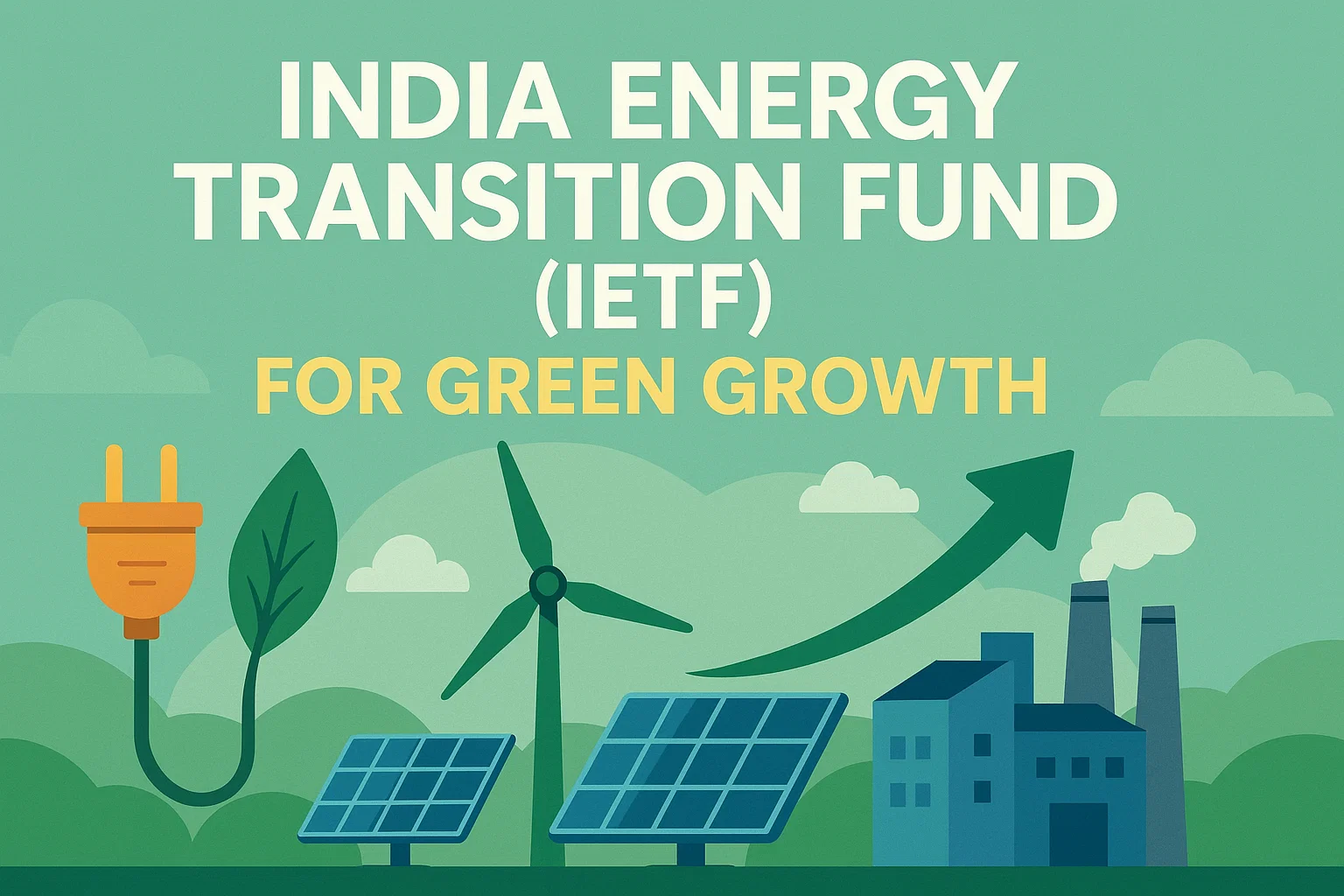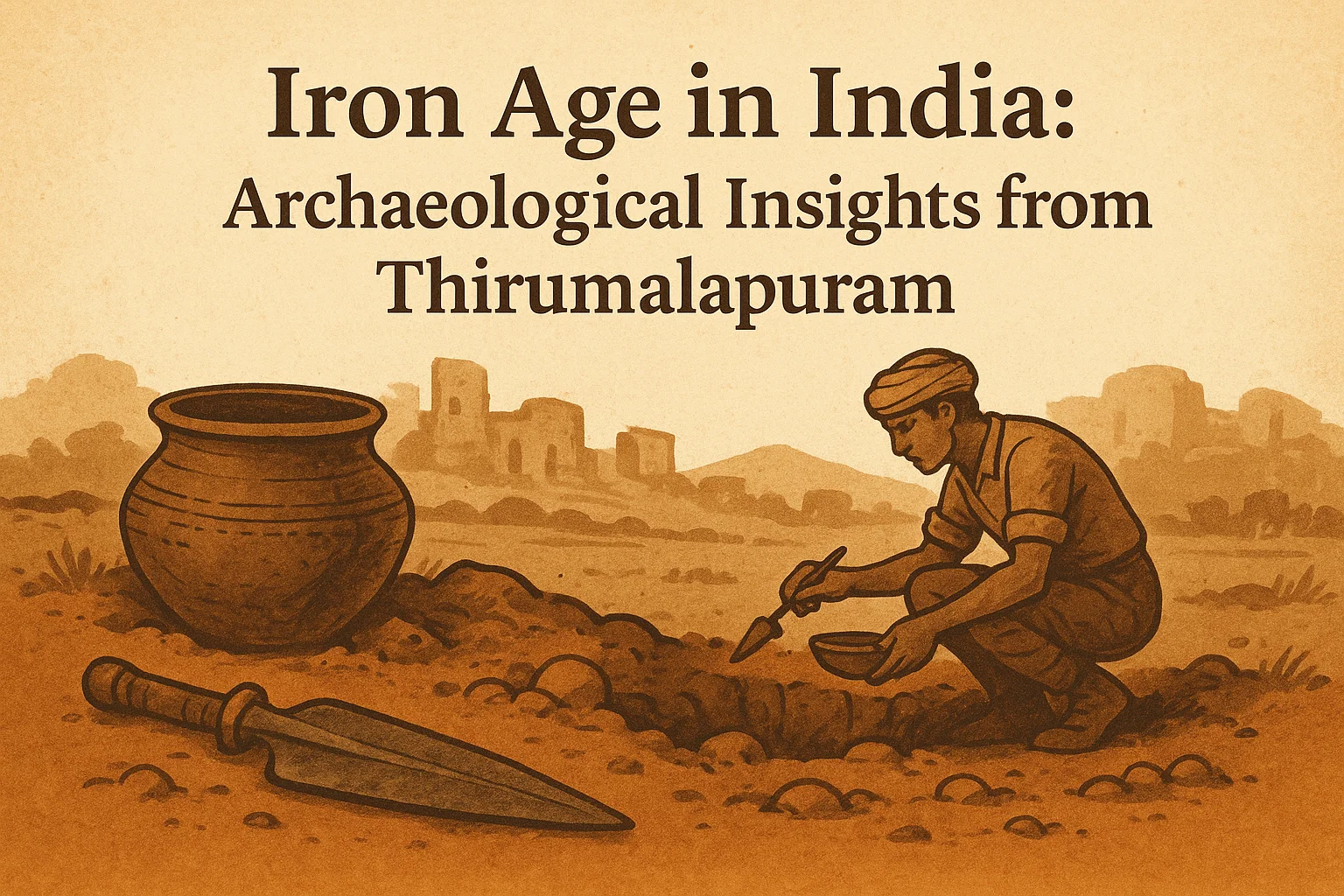Font size:
Print
Federal Judge Restricts Trump’s Executive Order on Birthright Citizenship
Content:
The US President Donald Trump’s executive order to curtail this right has been temporarily blocked by a Federal Judge bringing renewed attention to the origins, evolution, and implications of Birthright citizenship.
Origin of Birthright Citizenship in the USA
- Birthright citizenship, a principle rooted in both legal and constitutional frameworks, has been a contentious topic in many countries, including the United States and India.
Concept of a “Natural Born Citizen”
- The term “natural born citizen” ensures that individuals born on US soil automatically acquire citizenship, regardless of the legal or immigration status of their parents.
- This concept is rooted in the common law principle of jus soli (right of the soil).
- The principle of birthright citizenship in the United States is derived from the 14th Amendment, ratified in 1868, which states that “all persons born or naturalised in the United States, and subject to the jurisdiction thereof, are citizens of the United States.”
- This amendment was introduced after the Civil War to ensure citizenship rights to freed African American slaves.
Major Court Cases and the Evolution of Judicial Interpretation
- United States v. Wong Kim Ark (1898)
- The Supreme Court ruled that a child born in the US to non-citizen parents was entitled to citizenship under the 14th Amendment.
- The Court concluded that being “subject to the jurisdiction” meant owing allegiance to the US and being governed by its laws.
- Plyler v. Doe (1982)
- The Court extended rights to the children of undocumented immigrants, emphasising their entitlement to public education.
- It reaffirmed the idea that those residing in the US, even unlawfully, are subject to its laws.
- Trump’s Executive Order and Judicial Challenges
- Trump’s attempt to end birthright citizenship through an executive order faced legal challenges, with federal courts underscoring that such changes require a constitutional amendment rather than executive action.
Interpretation of the 14th Amendment
- The clause “subject to the jurisdiction thereof” has been debated extensively.
- Courts have consistently interpreted it to include all individuals born on US soil, except for children of foreign diplomats, enemy aliens, or occupying forces.
Birthright Citizenship in India: Evolution
- Constitutional Provisions: Article 5 of the Indian Constitution initially granted citizenship to anyone born in India, following the jus soli principle.
- Citizenship Act, 1955: Recognised birthright citizenship for all children born in India post-January 26, 1950, with exceptions for children of foreign diplomats and enemy aliens.
- Amendments to the Citizenship Act
- 1986 Amendment: Restricted birthright citizenship, requiring at least one parent to be an Indian citizen.
- 2003 Amendment: Further tightened provisions, excluding children born to illegal immigrants from acquiring citizenship.
Need for Trump’s Executive Order on Birthright Citizenship
- Immigration Policy reducing unauthorised migration: Trump’s executive order was part of his broader immigration policy aimed at reducing unauthorised migration.
- Security and resources burdens: He argued that birthright citizenship incentivised illegal immigration and created security and resource burdens on the US.
Impact of Trump’s Executive Order
- Legal Implications: The executive order was challenged in courts for contradicting constitutional provisions.
- Social Impact: Sparked debates over immigration, equality, and constitutional interpretation.
- Economic Concerns: Opponents argued that restricting birthright citizenship could reduce workforce diversity and economic contributions by immigrant families.
Conclusion
- Birthright citizenship remains a cornerstone of equality and inclusion in both the US and India. While judicial interpretations in the US have consistently upheld the 14th Amendment, the evolution of citizenship laws in India reflects a shift from inclusivity to stricter control.
- Efforts to curtail this right, such as Trump’s executive order, highlight the tension between national security concerns and constitutional guarantees.
- Upholding birthright citizenship ensures adherence to democratic principles, equality, and the rule of law.


